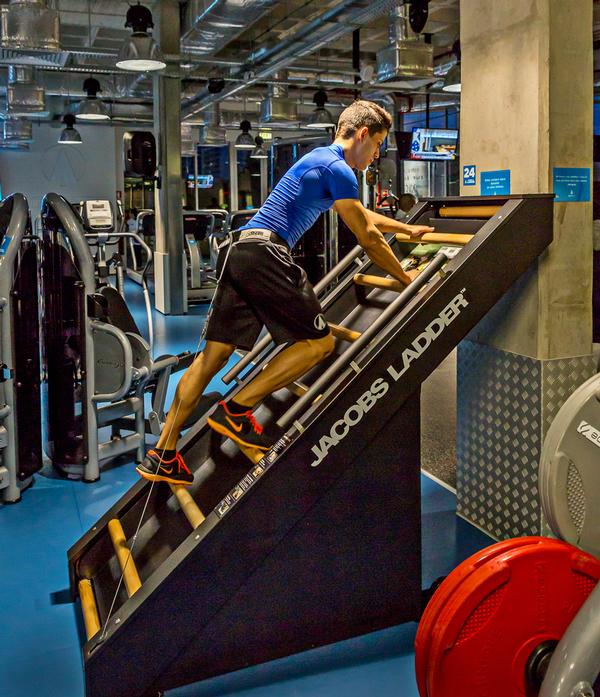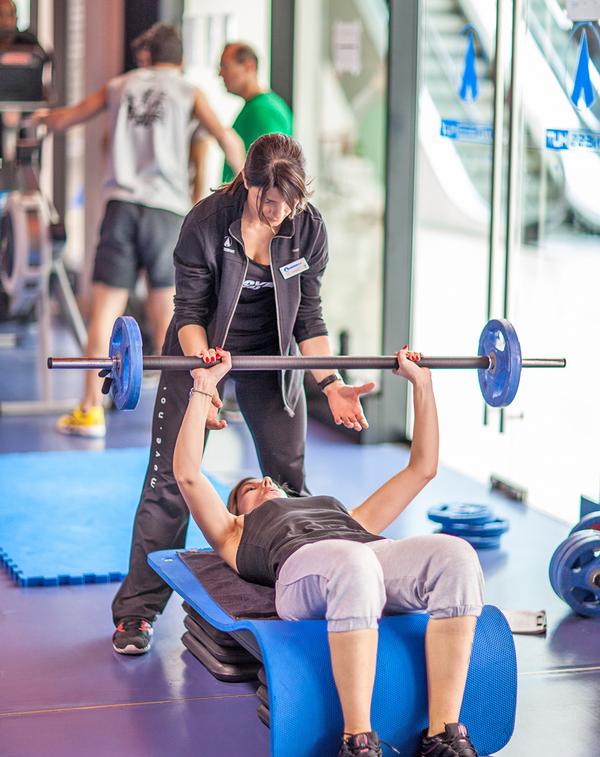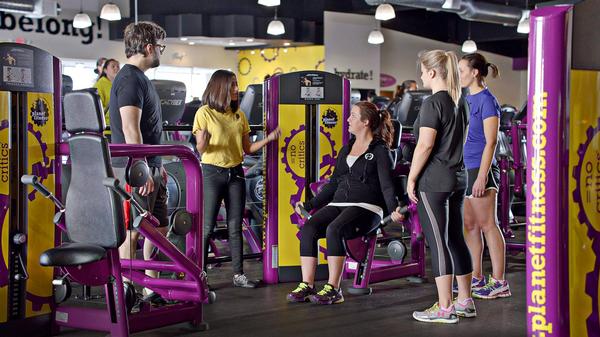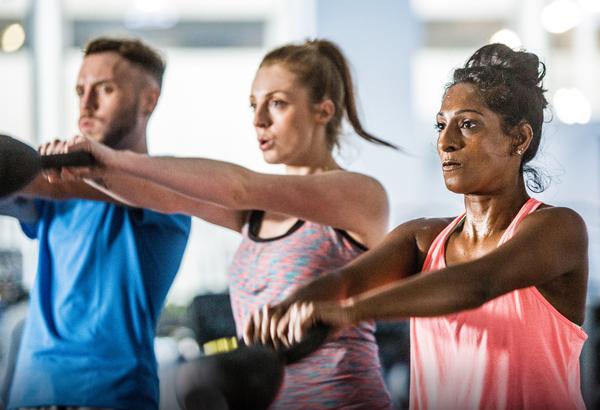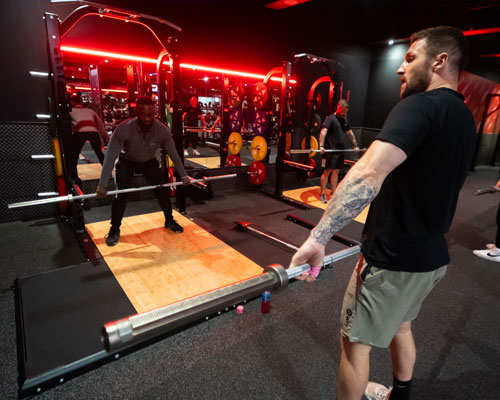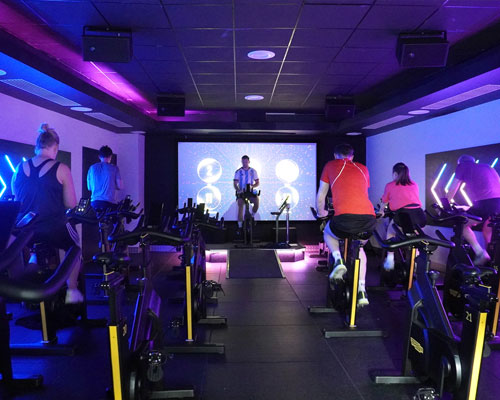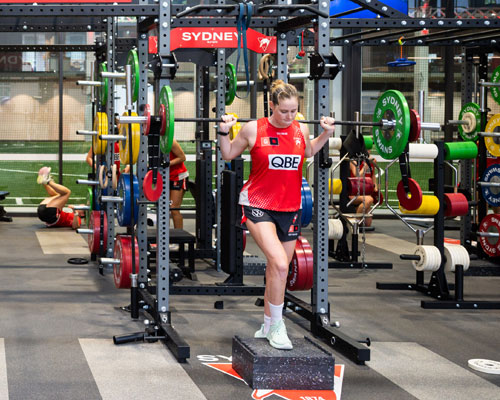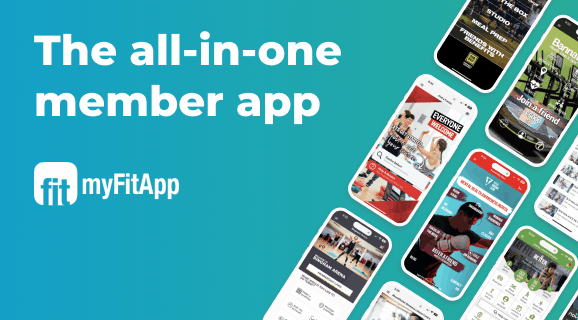features
Interview: Philip Newborough
The co-founder of impact investor, Bridges Fund Management, tells Kate Cracknell capitalism risks losing its mandate, and why every business needs to start thinking about social impact
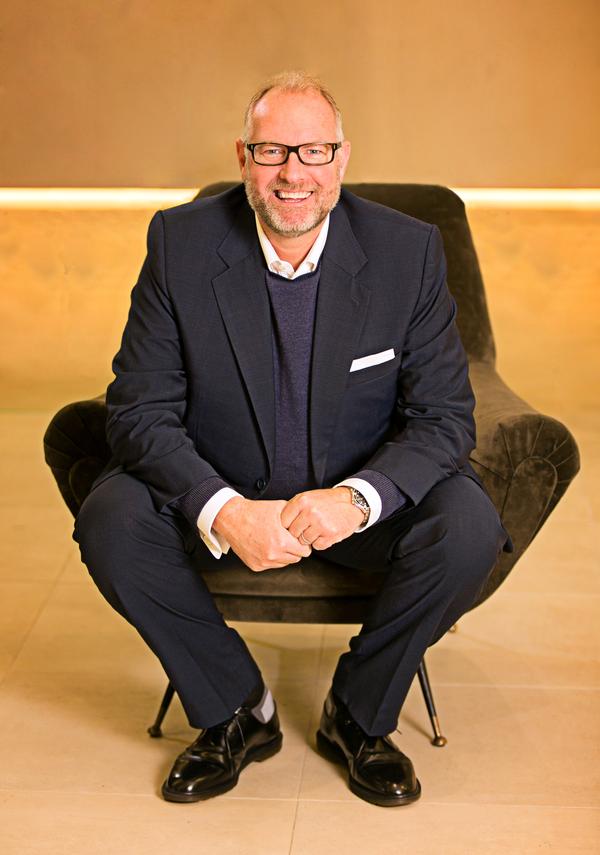
When you refer to Bridges as an impact investor, what do you mean?
Bridges Fund Management is an investment company that uses commercial expertise to deliver both financial returns and social and environmental benefits. We believe that market forces and entrepreneurship can be harnessed to do well by doing good.
Over the course of the 20th century, the prevailing model of capitalism became all about maximising risk-adjusted returns. There was an unrelenting focus on shareholder value and profit maximisation, with scant regard to the other consequences that business or capitalism had. This has only accelerated with the emergence of private equity.
Our view at Bridges is that, in the 21st century, all businesses and investors should base their decisions not just on financial returns, but also on impact.
They need to take into account the effect they have on their broader stakeholders: employees, the supply chain, the environment and so on. If you don’t do this, then you’re not serving society terribly well – and that’ll ultimately undermine the value of the business.
The capitalist model may create wealth in the short term, but if it doesn’t start to address the broader issue of serving society, it risks losing its mandate – its licence to operate.
If inequality continues to grow, that might force more difficult change.
What was your personal motivation for setting up Bridges?
During my career I’d seen grants being used to try and solve social issues such as the wealth divide, to little or no effect. Income inequality was just getting worse.
Our thesis at Bridges is that governments alone can’t solve these problems by taxing and spending and that philanthropy can only go so far; if you want to address these issues, you really need to tap in to the huge pool of private and investment capital that’s out there.
That’s why, over the last 16 or 17 years, we’ve tried to find different ways of using our capital to make a difference – matching capital to innovative, entrepreneurial solutions.
How do you decide which businesses to invest in?
Obviously we look at the financials. Scale is another key aspect: our initial investment is typically £10–15m, so we’re looking for established, high-growth businesses. There needs to be a ‘specialness’ around the business too: it needs to be disruptive, differentiated and led by a team that believes very strongly in both the impact and the financial plan.
However, the first thing we look at is the impact the business can have, and here we focus on four areas: health and wellbeing; education and skills; sustainable living; and under-served populations.
Within the fitness sector, from an impact point of view, low-cost gyms have always been an obvious investment for us. Going to a high-quality gym was really a luxury until the emergence of low-cost gyms: they’ve made high-quality fitness much more accessible. Even people on lower incomes can be members.
Are all your investments in the UK?
Our investments are predominately UK-based – the Gym Group as a prime example in the fitness sector – but we do invest outside the UK too. We own Viva, which is the largest low-cost gym business in Spain, as well as Portuguese market leader Fitness Hut. We also own Impact Fitness, one of the largest Planet Fitness franchisors in the US.
The challenges we’re facing in the UK in terms of income equality, climate change, ageing populations and so on – are pretty much the same across Europe and the US. We find our approach resonates across the developed world.
Some have seen fitness as a risky investment, what’s your view?
Actually, we love it: it really chimes with our investment style.
The fitness market is very local, with proximity people’s main consideration. That makes these businesses very scalable: you know the population, you understand the demographics of the people you’re trying to serve, you know how many of them there are, and you can, therefore, predict realistic penetration rates. You can go step by step, reflecting on and improving the model as you roll out one site at a time.
You also invest mainly via capex, so you can speed up, slow down and then pause before moving forward if needed.
So, we very much like the dynamics from an investment point of view. The site-by-site roll-out means you get good data – and the more sites you open, the better your data gets.
Aside from the actual investment itself, what does Bridges bring to the table?
We bring a lot in terms of the execution and the operation. Our day job is helping businesses work through the growing pains that are associated with all successful companies: helping them scale, developing the tech systems that sit around the business, involving the management team, driving employee engagement and so on.
Employee engagement tends to be very strong in the companies we invest in: one of the great things about an impact-driven approach is that it tends to create a stronger sense of purpose. In the end, most people want to feel that what they’re doing in their day job has meaning and value – so when you have a business with such a clear sense of purpose as The Gym Group, for example, you create a huge amount of employee engagement and dynamism. Your employees get behind what you’re trying to achieve, not just in financial terms, but also in terms of your impact on members and the population as a whole.
Bridges is a big player in Social Impact Bonds – what are these?
Social Impact Bonds (SIBs) are a way to help social sector organisations deliver outcomes-based contracts for government.
A Social Impact Bond is based around an intervention from a social sector organisation that addresses an important social issue – something the organisation has done before, or piloted on a small scale, with good results.
A government department agrees to commission the programme on a ‘payment by results’ basis; we provide the project finance, plus any management support the provider needs to deliver the contract successfully. As the government makes payments based on the outcomes achieved, we’re paid only when the programme has achieved the desired results.
It works well, because it allows smaller, more innovative Third Sector organisations to take on these government contracts. That’s something they normally find quite hard to do, because they don’t have the balance sheet to bid for many of these contracts, even if they wanted to.
Impact Bonds are also good because, whereas standard government contracts see organisations being paid for the delivery of a specific service that they can’t vary from, with SIBs it’s the outcome rather than the service delivery that’s being prescribed.
Typically these are long-term contracts too: three-, five-, even seven-year programmes. That allows for upfront investment in really good people, better systems and so on. It also allows for change within the programme.
From the outset, you keep track of what’s working well, and for what kinds of people. Which elements are the most efficient, the most cost-effective, and produce the best outcomes.
You can continually adjust what you’re doing by tweaking the variables – just as you would in a normal business – until you find the right formula.
That’s why it works so well, because you just focus on what produces the best outcome. This is in contrast to delivering a standard ‘fee-for-service’ contract, where you just have to show you’ve delivered that service – which means you simply do it all as cost-effectively as possible so you make a profit.
Do you have to be a charity to get involved in Social Impact Bonds?
To date, most Social Impact Bonds have been delivered by social sector organisations, but in theory there’s no reason why SIBs couldn’t be open to trusts, mutuals, or even normal companies with an interest in social outcomes.
The thing you must have, though, is an intervention with clear, measurable outcomes that benefit the Commissioner or the tax payer in such a way that the Commissioner is willing to pay for them.
How significant are Impact Bonds in the health and fitness arena?
Bridges has funded 27 of the 43 Social Impact Bonds created in the UK to date, but only two of these have been in the area of healthcare. The scope to do more is massive: healthcare should be the biggest platform we have.
One of our health-focused SIBs is a diabetes prevention programme commissioned by Devon County Council and delivered by local charity Westbank. It’s the first local authority-commissioned diabetes prevention programme in the UK, working with those who are pre-diabetic, and it’s producing good results.
However, as a general rule it’s proving quite difficult to get healthcare Impact Bonds off the ground, and there are two main reasons for that. Firstly, the impact is by definition quite long-term. When you’re dealing in preventative health and looking to make secondary care savings – which is the main benefit to the Treasury and the tax payer – it takes some time for those savings to manifest themselves.
The other challenge has been the amount of change that’s been going on throughout the NHS and commissioning: with all the different CCGs and different agendas, decision-making is less centralised than in some other sectors, which makes it harder to achieve scale. There’s also some suspicion of private capital and what it means for the health service.
How do the finances of an Impact Bond work?
It really is a win-win. As an example, we raised £20m of capital for our first fund. We’re on course to receive outcomes payments of about £60m, with predicted savings to government of about £130m.
So it’s absolutely possible to make a financial return on these projects – and whenever we get an outcomes payment, the savings to the tax payer are typically twice the figure we receive.
The challenge is always to agree outcome prices with the Commissioner who’s going to benefit from the savings, which obviously you have to do before you take on any project.
In the Devon case, for example, it revolved around what they were prepared to pay to prevent people becoming diabetic.
If we can take an individual with all the pre-diabetic signs – raised glucose levels, probably a BMI that made them obese, and so on – and manage to change that person’s lifestyle, thereby massively reducing the chances of them becoming diabetic, what’s the estimated saving to the tax payer or to the CCG? And therefore, what was the Commissioner prepared to pay us – what portion of the savings were they willing to let us have? That’s the shape of it.
What trends do you see influencing your fitness sector investments moving forward?
I see four main trends driving the sector over the next decade or so.
The first is changing consumer behaviour – especially the move towards ‘à la carte’ behaviour.
What we’re seeing across the world is that low-cost gyms are very complementary to other ways in which people are choosing to exercise – not just in boutique studios, but also functional training, CrossFit, climbing centres, dancing, cycling, soccer centres, Parkrun and a wide range of sports.
I think the traditional gym has really already been disrupted out of the market and in its place are low-cost gyms that sit alongside all the other forms of activity as somewhere people can maybe go and stretch, or do some weight-bearing exercise, or stay fit for the other activities they enjoy doing.
The second is under-served populations, which links back to the Impact Bonds. How do we get the older generation more active, for example, creating facilities for our ageing populations? How do we keep innovating and creating activity options that are acceptable and accessible to the less affluent in society? Because there remains a strong correlation between prosperity and a healthy lifestyle. And how do we better cater for the other under-served population – young people?
Even with all the low-cost gyms, we’re only just scratching the surface.
The next one is technology: wearable technology, virtual technology, exercise at home or in the workplace. Also, within technology, how will the aggregator business model evolve?
We haven’t yet found the right investment in this sector, but I think tech has a huge capacity to help address things like long-term health conditions.
And the fourth trend is infrastructure investment and looking at how we can insert activity into people’s day-to-day lives through things like cycle sharing schemes, better environments in which to walk, and so on.
We believe these four trends will be the drivers of fitness sector growth for the next decade or so. Ours is a very proactive approach – we don’t sit back and wait for companies to come to us – so we’ll be searching for businesses, entrepreneurs and projects that tap into these trends and solve these issues.
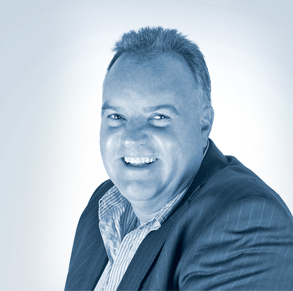
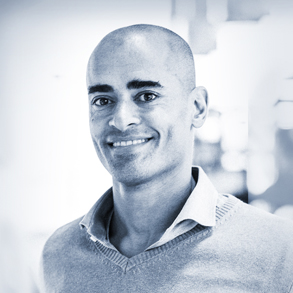
Place
Lagos, Portugal
Season
Summer
Sport
Football
Book
Sapiens, by Yuval Noah Harari
Film
The Silence of the Lambs
App
BBC Sport
Public figure you most admire
Nelson Mandela
Person you’d most like to meet
Roger Federer
Best piece of advice you’ve ever been given
If you believe in something, stick at it
What you’d like to be remembered for
Being a pioneer and champion of sustainable investment

